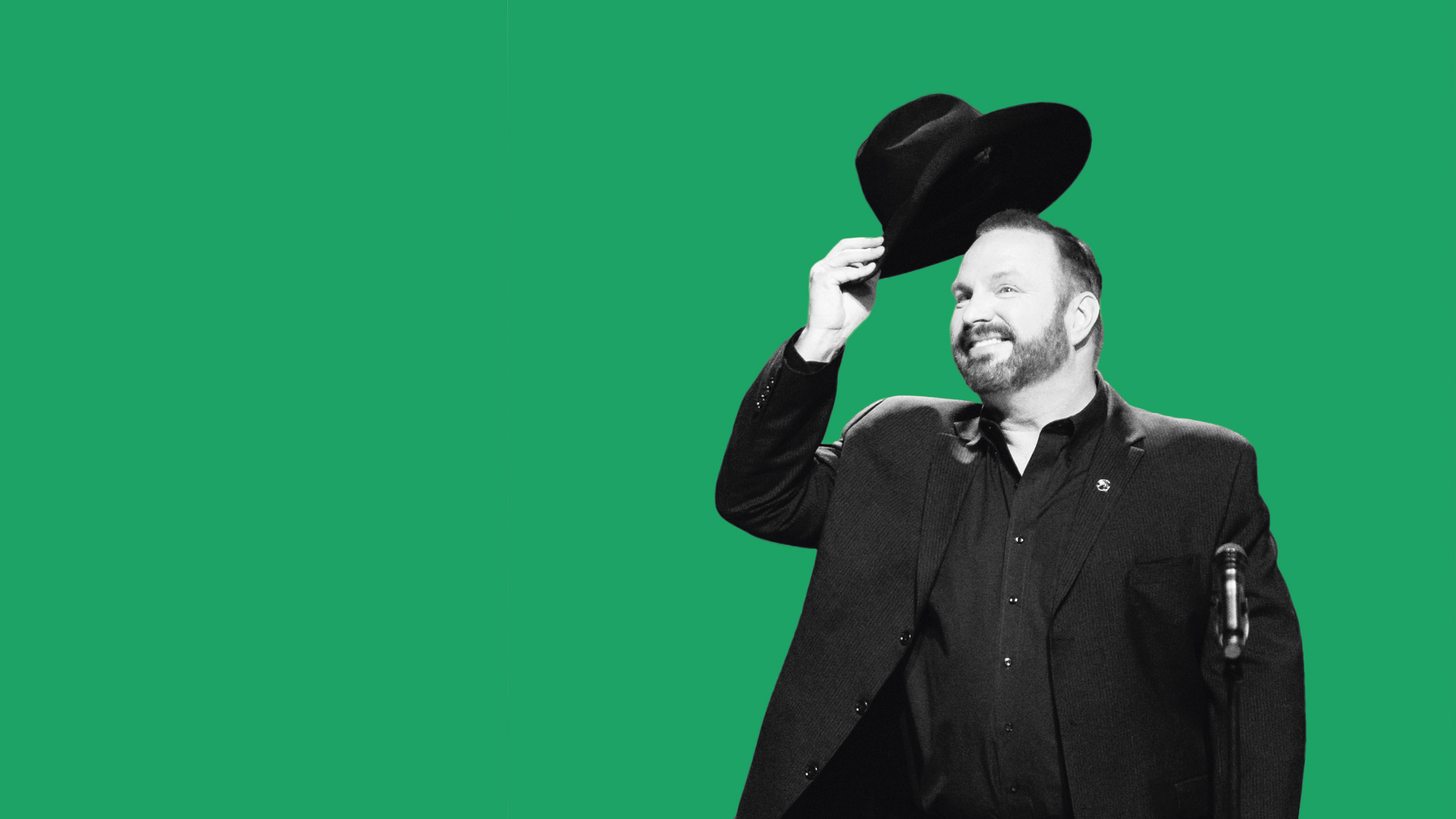In 2016 Time magazine published a listicle titled ‘11 Wildly Popular Albums You Can’t Get on Spotify’. I came across it while reading around the recent controversy which has seen Neil Young remove his music from the streaming behemoth in response to Joe Rogan – whose blockbuster podcast The Joe Rogan Experience Spotify reportedly paid £75 million for the rights to back in 2020 – spreading what Young called “fake information about vaccines”.
In solidarity with the Canadian musician, his folk-rock peers Joni Mitchell and Crosby, Stills and Nash among others have followed suit in cutting ties with the mighty yet much maligned Swedish tech company, sparking a #DeleteSpotify backlash which has reportedly wiped close to £3 billion off its stock market valuation.
Pithily rounding up huge hit records by multimillion-selling artists from Taylor Swift to Jay-Z, Prince and Kanye West, whose music was not available on Spotify at the time of writing, whether for reasons of money and/or principle (mainly money), this Time article caught my eye because of how obsolete it has been rendered. All but one of the “wildly popular albums” it lists have, since 2016, appeared on Spotify, as the platform conquers practically all before it. Even Adele’s 25 – despite Adele once decrying streaming as “disposable”. Even Radiohead’s In Rainbows – despite Thom Yorke once declaring Spotify “the last desperate fart of a dying corpse”. Even, until a few weeks ago at least, Neil Young’s Harvest, despite him previously opposing Spotify on grounds of low audio quality.
All, that is, except Ropin’ The Wind by rootin’, tootin’ double-denim legend of country music Garth Brooks. A record which, since 1991, has gone platinum more times (14) than Brooks has gallons in his hat (10).
Before anyone assumes I’m about to try and colour this headset microphone-totin’ top cheeser as some kind of lone wolf outlaw of the streaming age, know that his main reason for rejecting Spotify (likewise Apple and YouTube), is because he signed an exclusive contract with that other mighty yet much maligned tech giant Amazon’s music streaming service in 2016, as part of a package that was more traditionally album-focused, and thus more to his liking (it also included sales of downloads and physical CDs).
However, before that Brooks was a firmer-than-most critic of all digital music platforms, for the way they allow listeners to cherry-pick tracks above listening to whole records, and for the poor-to-non-existent royalties they pay (he once called YouTube “the devil”). For a time, Brooks ran his own digital country music platform GhostTunes, based around fair royalty payment. It was absorbed by Amazon in 2017 (which pays artists better royalties than Spotify, if still not enough).









